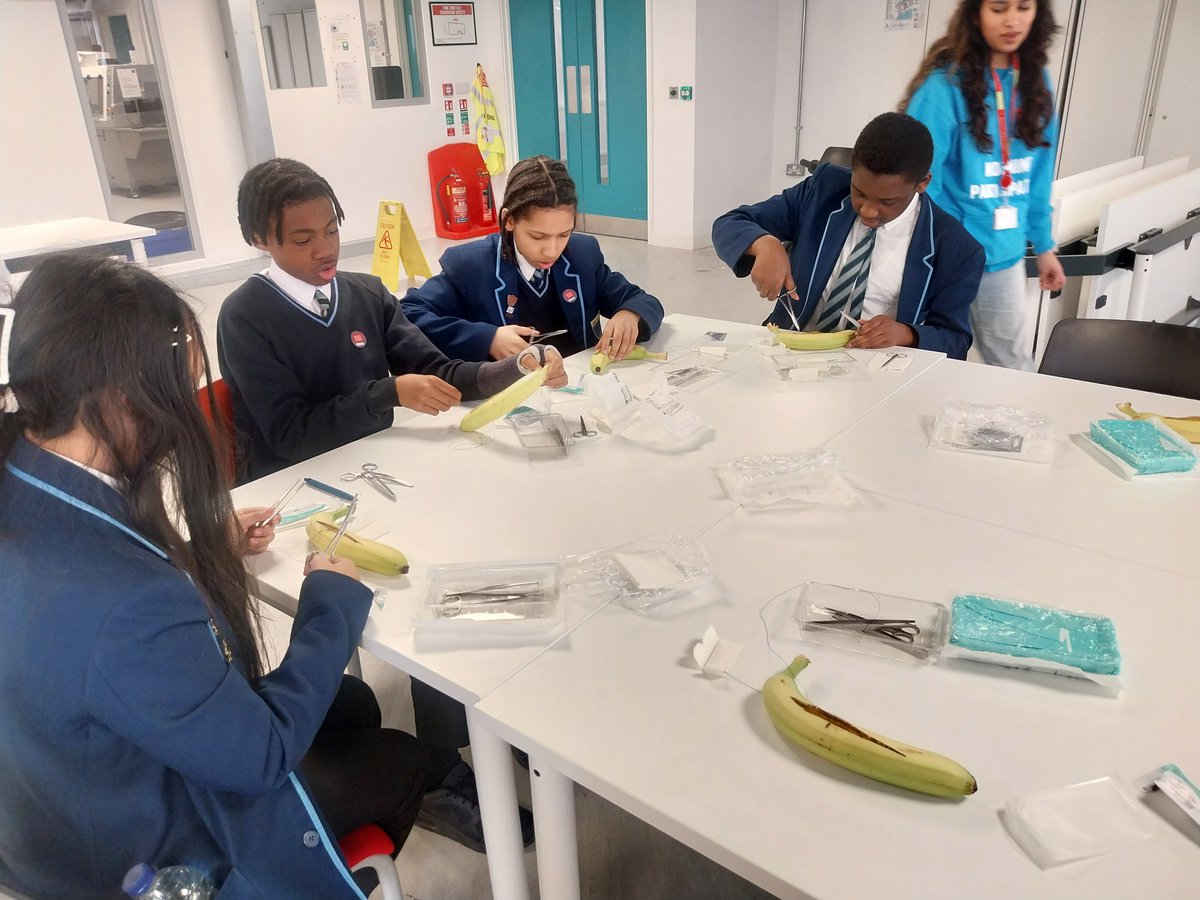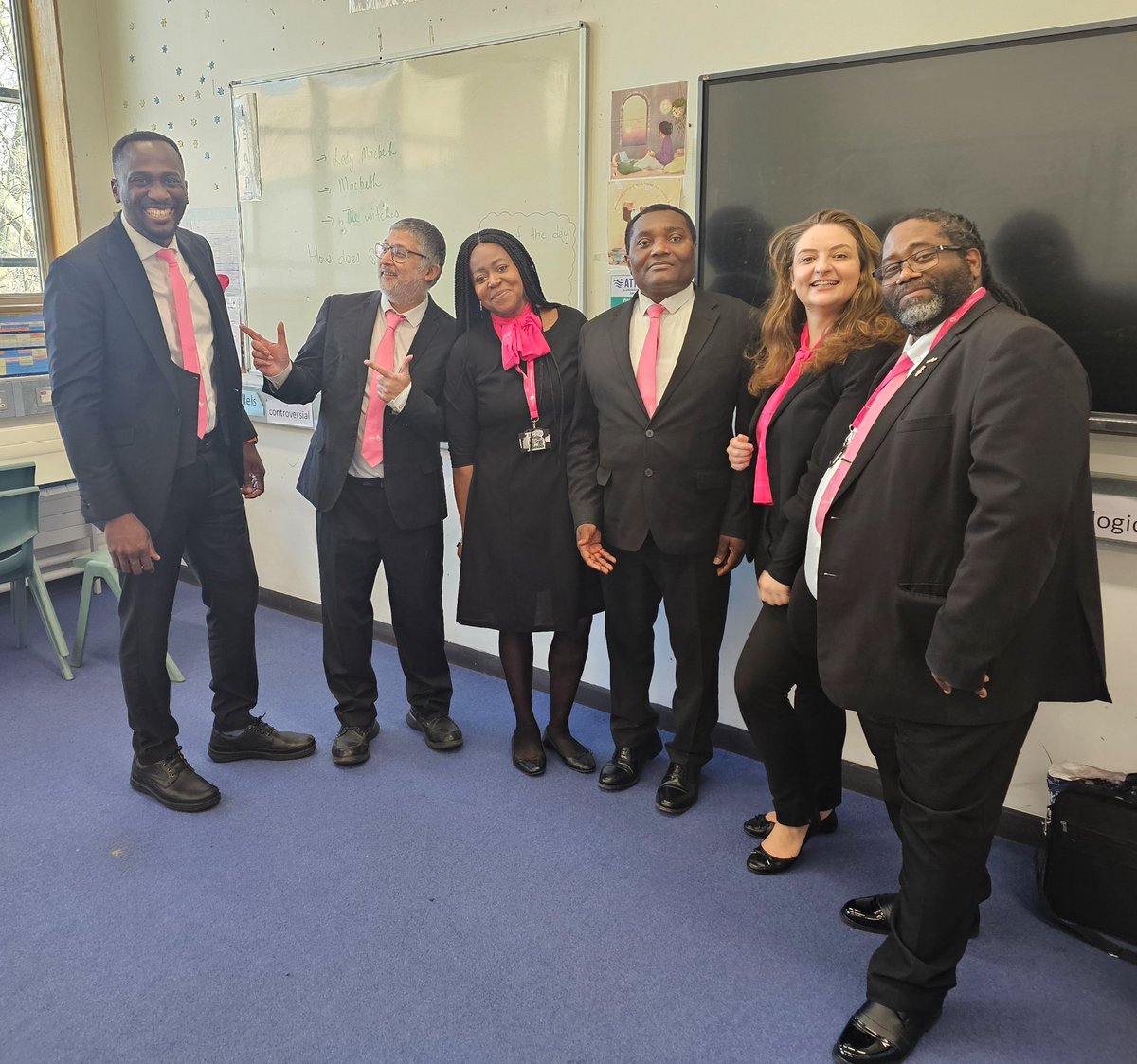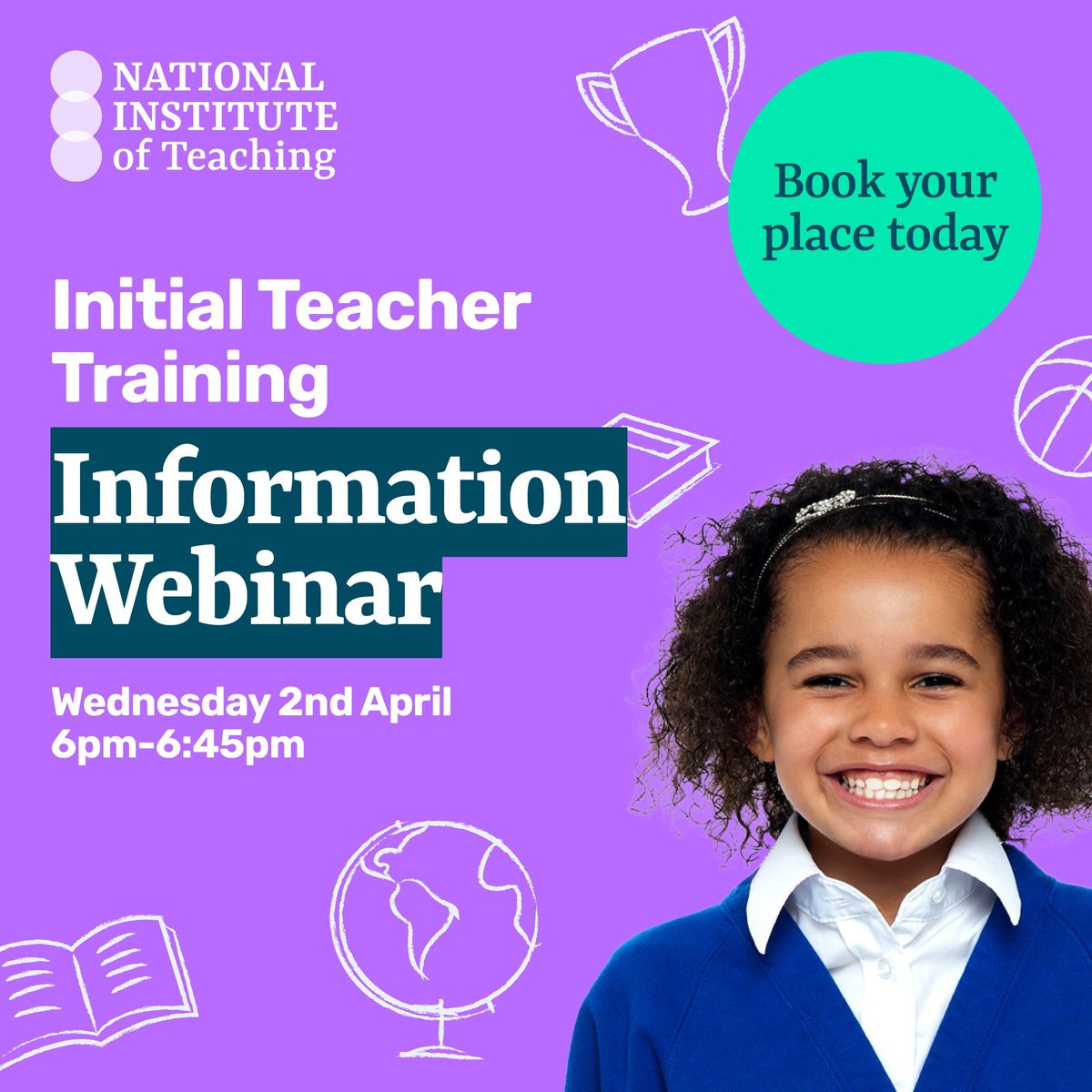Travel and Tourism
Travel and Tourism exposes students to a range of transferable skills that are useful in other subjects. The curriculum in Year 10 is designed to build students’ knowledge and understanding of the various components that make up the travel and tourism industry.
This will be set in the context of the travel and tourism industry’s position as one of the largest and rapidly growing employment sectors in the UK. Students will develop their skills of description and explanation to effectively demonstrate their knowledge of different parts of the industry alongside the ability to compare and contrast the strengths, weaknesses and effectiveness of different companies.
Travel and Tourism Lessons will:
- Provide every student with the opportunity to learn new knowledge that builds on what they already know
- Allow students to achieve success relative to their own potential
- Give students the opportunity to research areas of personal interest to add their own context to assignments
- Help students understand how the travel and tourism industry continues to evolve to meet changing global demands.
Students start the year with Component 1 on Travel and Tourism Destinations as this provides a secure grounding in key concepts of a subject that they would not have previously studied. This component exposes students to several key aspects of the travel and tourism industry including accommodation, transport and destination. These are the critical aspects that underpin their understanding of the subject and allow them to access other components later in the course. This component requires students to use skills such as description and explanation to demonstrate their understanding of key topics.
This is followed by Component 2 which focuses more on the customer within the travel and tourism industry. Now that students have an understanding of the key aspect covered in Component 1, they can apply this knowledge to make judgements on the needs of specific traveller profiles.
In terms of skills, Component 2 sees students move toward creating and justifying arguments generated from research alongside the use of qualitative data interpretation. Students will continue their work on Component 3, which focuses on influences on global travel and tourism. Students will learn about the different sociocultural, economic and environmental impact of tourism. This will build on the knowledge of destinations from previous units and allows students to build on their understanding of how the industry effects populations. This component focuses heavily on current affairs topics such as eco-tourism and sustainability as knowledge is placed in a mode day context.
Students will understand that partnerships between organisations can be managed effectively to benefit destinations and visitors as well as local communities. These partnerships could be
- Private and public
- Private and private
- Public and voluntary
- Private and voluntary
The advantages and disadvantages of each partnership will be explored with students given the opportunity to make recommendations in each sector regarding how positive impacts can be maximised.
Core skills
- Identify and interpret
- Select and synthesise
- Analyse and explain
- Compare and contrast
- Judge and evaluate





















